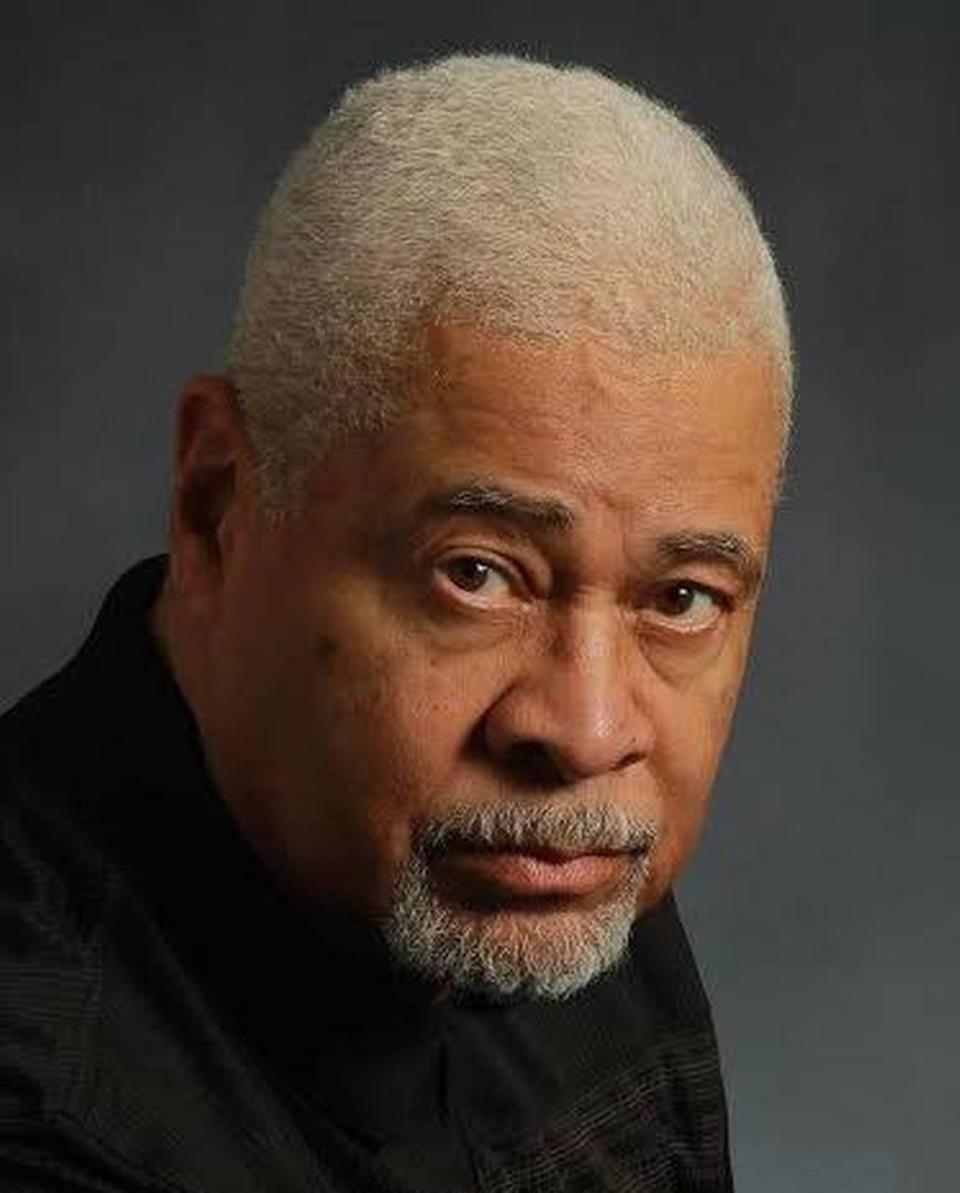Under the baobab: Penn State’s Helen Manfull leaves lasting mark on theater, countless students
This is not a column. This is not an obituary. This is a letter about love.
Helen Manfull, my friend, beloved colleague and fellow Lion’s Paw honoree, joined the ancestors last week. She was 89.
Helen innovated the format for Theatre 100. For years it was the most popular introductory course at Penn State. Two sections of several hundred students enrolled each semester. There was always a full waiting list to get into the class. MFA graduate students would dramatize selected scenes to illustrate the lecture, which covered theater from ancient Greece to modern times. It was the first such experiment in academic theater. She won the Lindback Award for outstanding teaching and the Honorary Alumni Award for “outstanding and ongoing contributions to educating, mentoring and inspiring Penn State students.”
Not only an outstanding teacher, but Helen was also a writer, director and a fabulous actress. Her first book, “Additional Dialogue: Letters of Dalton Trumbo” established her as a pre-eminent authority on Trumbo. She directed and consulted over 40 plays at Penn State. Her production of “Our Town” is legendary at the School of Theatre (SOT). Long after her 1996 retirement from the university, Helen continued her theater career. In 2019 she appeared SOT’s “To Kill a Mockingbird.”
I first met Helen when we were paired in “Driving Miss Daisy” at Little Theatre of the Rockies in Greeley, Colorado.
In 1995, I was coming off the revival of “The Shadow Box” on Broadway. Bob Leonard called me in New York to ask if I was available to do a guest professor residency at Penn State. While we were making up my mind, I got a call from Helen inviting me to Happy Valley for a visit. During that time with Helen and Lowell in Boalsburg, Jo and I decided to give Happy Valley a try. Helen loved her students and they loved her. She personified the selfless love a great teacher must have for her students.
As teachers, as human beings, we do not believe in killing children. We love and nurture them. When others kill our children we do not retaliate by killing theirs. Children are the collective future of our species. When we attack them we attack our common tomorrow.
In 1963, two weeks after the March on Washington, the Ku Klux Klan put a bomb in a Sunday school in Birmingham, Alabama, killing four little girls. We were devastated. We were angry. Many of us wanted to strike back. Dr. Martin Luther King, Jr. counseled otherwise. He said, “In spite of the darkness of this hour, we must not become bitter ... We must not lose faith in our white brothers. Life is hard. At times as hard as crucible steel, but, today, you do not walk alone.” We swallowed the bile of our anger. Black nannies went back to their jobs of caring for white children. We prayed for the redemption of the conscience of our adversaries.
We condemn the vicious attack on Israel. The slaughter of innocent children was especially heinous. We cannot support the intentional killing of children, Israeli or Palestinian. These are dark and dangerous times. I do not have the key to unlock the hateful hearts in the Middle East but I know the conflict will not be solved by killing more children. “Hate cannot stop hate, only love can do that.”
SOT is producing the musical “Natasha, Pierre and the Great Comet of 1812.” Superbly directed and choreographed by Christine O’Grady, it is roughly based on Leo Tolstoy’s “War and Peace.” Anne Van Steenwinkel is the musical director of this brilliant, rollicking extravaganza, which fully immerses the audience into the aristocratic world of 19th century Moscow. It is a tale about love, a corrosive love which evolves into something else altogether.
We love you, Helen.
Charles Dumas is a lifetime political activist, a professor emeritus from Penn State, and was the Democratic Party’s nominee for U.S. Congress in 2012. He was the 2022 Lion’s Paw Awardee and Living Legend honoree of the National Black Theatre Festival. He lives with his partner and wife of 50 years in State College.


